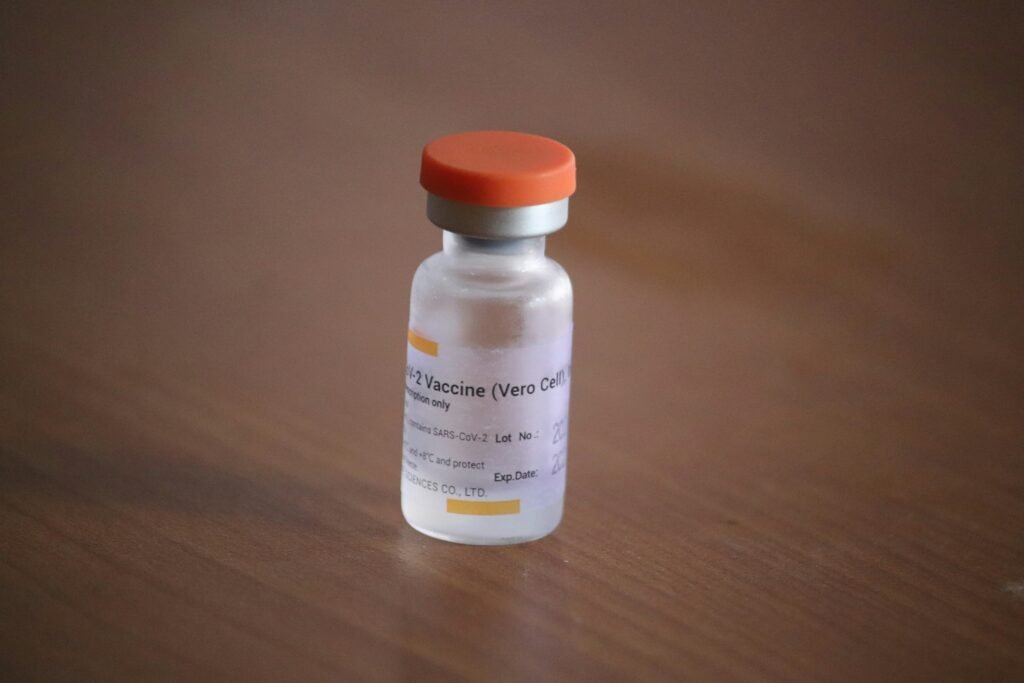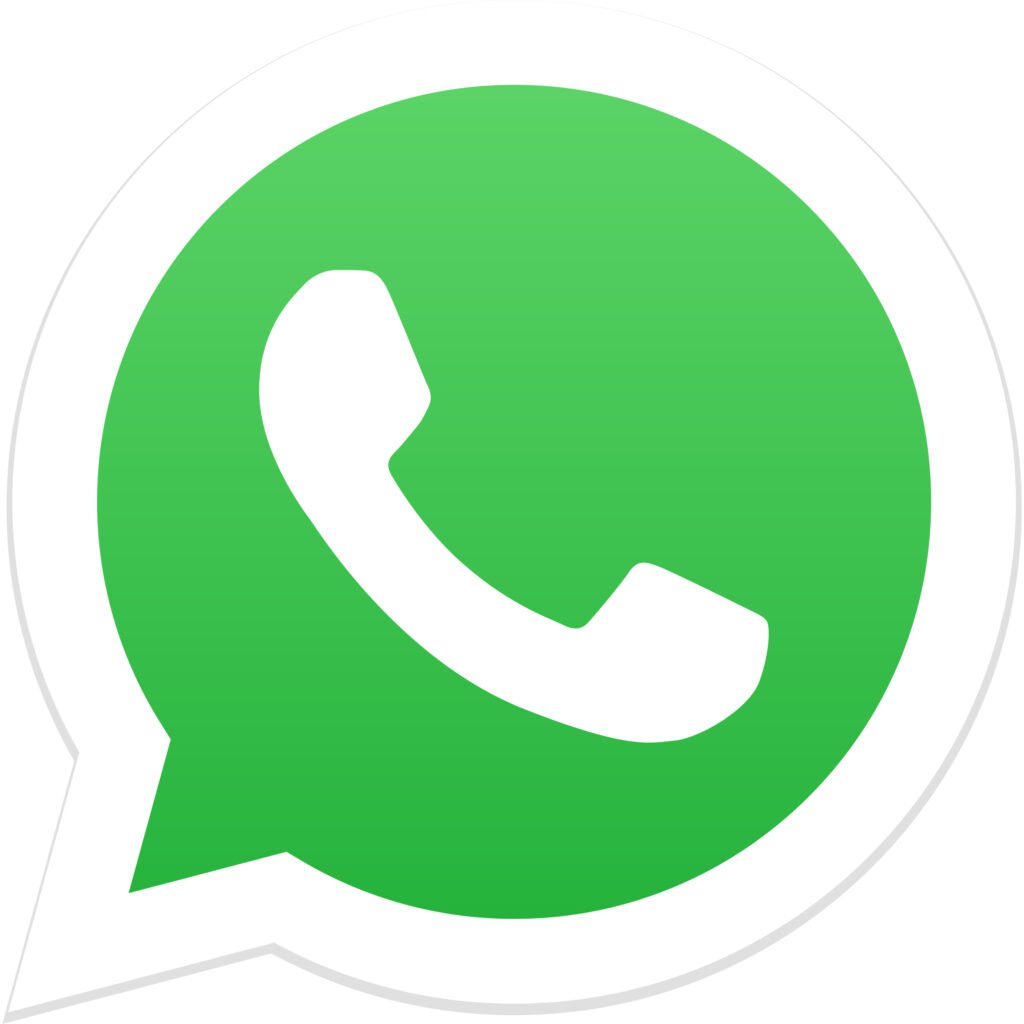The Power of Social Media Marketing for Doctors: Enhancing Patient Care and Practice Growth
In today’s digital age, social media has become an integral part of our daily lives. For medical professionals, embracing social media marketing can be a game-changer in enhancing patient care, building trust, and growing their practice. At Namastetu Health, we understand the importance of leveraging social media platforms to connect with patients, share valuable information, and establish a strong online presence. In this comprehensive guide, we’ll explore the numerous benefits of social media marketing for doctors and how it can revolutionize healthcare delivery.
- Increased Visibility and Brand Awareness
One of the primary advantages of social media marketing for doctors is the ability to significantly boost their visibility and brand awareness. In an increasingly competitive healthcare landscape, standing out from the crowd is crucial. By maintaining active profiles on platforms like Facebook, Instagram, Twitter, and LinkedIn, medical professionals can:
- Reach a wider audience: Social media platforms have billions of users worldwide, providing an enormous potential patient base.
- Showcase expertise: Sharing informative content helps establish doctors as thought leaders in their field.
- Humanize the practice: Personal posts and behind-the-scenes content can help patients connect with doctors on a more personal level.
- Increase website traffic: Social media posts can drive traffic to the doctor’s website, improving overall online visibility.
- Enhanced Patient Education and Engagement
Social media provides an excellent platform for doctors to educate and engage with patients beyond the confines of the clinic. By sharing valuable health information, doctors can:
- Promote preventive care: Regular posts about healthy lifestyles, vaccination reminders, and screening recommendations can encourage patients to take proactive steps in managing their health.
- Address common health concerns: Answering frequently asked questions or debunking health myths can help alleviate patient anxieties and improve health literacy.
- Share latest medical advancements: Keeping patients informed about new treatments or research findings can foster trust and demonstrate the doctor’s commitment to staying current in their field.
- Encourage patient participation: Interactive content like polls, quizzes, or Q&A sessions can boost patient engagement and foster a sense of community.
- Improved Patient Trust and Relationship Building
Building trust is crucial in the doctor-patient relationship. Social media marketing can play a significant role in fostering trust and strengthening relationships by:
- Demonstrating transparency: Sharing practice updates, introducing staff members, or discussing the doctor’s approach to patient care can help build credibility.
- Showcasing patient testimonials: With proper consent, sharing positive patient experiences can provide social proof and build trust with potential patients.
- Responding to patient concerns: Promptly addressing questions or concerns on social media platforms demonstrates responsiveness and care.
- Humanizing the medical practice: Sharing personal anecdotes or celebrating milestones can help patients see the human side of healthcare providers.
4.Efficient Patient Communication
Social media platforms offer efficient channels for communicating important information to patients, such as:
- Practice updates: Announcing changes in office hours, new services, or staff additions keeps patients informed.
- Health alerts: Quickly disseminating information about local health concerns, outbreaks, or seasonal health tips can help protect the community.
- Appointment reminders: While maintaining patient privacy, general reminders about scheduling check-ups or follow-ups can improve patient compliance.
- Emergency information: During crises or natural disasters, social media can be a vital tool for sharing emergency protocols or important health advisories.
- Targeted Marketing and Patient Acquisition
Social media marketing allows doctors to reach specific demographics or patient groups more effectively. This targeted approach can lead to:
- Increased patient acquisition: By tailoring content to specific audience segments, doctors can attract patients who are most likely to benefit from their services.
- Cost-effective advertising: Compared to traditional marketing methods, social media advertising often provides a higher return on investment.
- Geo-targeting: Focusing on local audiences can help attract patients within the practice’s service area.
- Specialized service promotion: Highlighting specific treatments or specialties can attract patients seeking those particular services.
- Professional Networking and Collaboration
For doctors, social media isn’t just about connecting with patients. It’s also an invaluable tool for professional networking and collaboration:
- Connecting with colleagues: Platforms like LinkedIn allow doctors to build professional relationships with peers, potentially leading to referrals or collaborations.
- Staying informed: Following medical journals, professional associations, and thought leaders helps doctors stay up-to-date with the latest developments in their field.
- Participating in medical discussions: Engaging in professional forums or Twitter chats can provide opportunities for knowledge sharing and professional growth.
- Attracting talent: A strong social media presence can help attract skilled healthcare professionals to join the practice
.
- Reputation Management
In the digital age, online reputation is crucial for healthcare providers. Social media marketing can play a vital role in managing and enhancing a doctor’s reputation by:
- Monitoring mentions: Keeping track of what patients are saying about the practice online allows for timely responses to both positive and negative feedback.
- Addressing negative reviews: Professionally handling criticism on social platforms demonstrates commitment to patient satisfaction and can turn negative experiences into positive ones.
- Highlighting positive feedback: Sharing positive reviews (with permission) can bolster the doctor’s reputation and encourage other patients to share their experiences.
- Crisis management: In case of any reputation-threatening situations, social media provides a direct channel to address concerns and provide accurate information.
8.Data-Driven Insights for Practice Improvement
Social media platforms offer valuable analytics that can help doctors understand their audience better and improve their practice:
- Patient demographics: Understanding the age, location, and interests of the social media audience can inform marketing strategies and service offerings.
- Content performance: Analyzing which posts generate the most engagement can guide future content creation and improve patient education efforts.
- Patient sentiment: Monitoring comments and reactions can provide insights into patient satisfaction and areas for improvement.
- Peak activity times: Knowing when the audience is most active can help optimize posting schedules for maximum engagement.
- Cost-Effective Marketing Solution
Compared to traditional marketing methods, social media marketing offers a cost-effective solution for doctors to promote their practice:
- Low entry barrier: Setting up social media profiles is free, allowing even small practices to establish an online presence.
- Scalable advertising: Social media ads can be tailored to fit any budget, from small boosts to comprehensive campaigns.
- Organic reach: Regular posting and engagement can lead to increased visibility without paid promotion.
- Measurable ROI: Clear analytics make it easy to track the return on investment for social media marketing efforts.
10.Showcasing Expertise and Specializations
Social media provides an excellent platform for doctors to highlight their unique skills, specializations, and achievements:
- Sharing case studies: With patient consent, discussing interesting or challenging cases can demonstrate expertise.
- Highlighting certifications: Announcing new certifications or continuing education accomplishments showcases commitment to professional growth.
- Discussing specialized treatments: Explaining advanced or unique treatments offered can attract patients seeking specific care.
- Demonstrating technology: Showcasing state-of-the-art equipment or innovative techniques can set the practice apart from competitors.
11.Improving Patient Outcomes Through Information Sharing
By leveraging social media to share health information, doctors can potentially improve patient outcomes:
- Medication adherence: Regular reminders and education about the importance of following treatment plans can improve patient compliance.
- Lifestyle modifications: Sharing tips for healthy living can encourage patients to make positive changes in their daily habits.
- Early detection: Raising awareness about symptoms or screening guidelines can lead to earlier detection of health issues.
- Support networks: Creating online communities can provide patients with peer support and motivation to manage chronic conditions
12.Enhancing Community Outreach and Public Health Initiatives
Social media can be a powerful tool for doctors to engage in community outreach and public health efforts:
- Promoting health events: Advertising free screenings, health fairs, or educational seminars can increase community participation.
- Supporting local causes: Sharing information about health-related charities or fundraisers can demonstrate community involvement.
- Public health campaigns: Participating in or initiating public health awareness campaigns can have a broader impact on community health.
- Emergency preparedness: Providing information on how to prepare for health emergencies or natural disasters can be a valuable community service.
- Facilitating Telemedicine and Remote Care
As telemedicine becomes increasingly popular, social media can play a crucial role in supporting remote healthcare delivery:
- Promoting telehealth services: Educating patients about available telemedicine options and how to access them.
- Sharing preparation tips: Providing guidance on how to prepare for virtual consultations to ensure smooth and effective remote visits.
- Addressing concerns: Using social media to answer questions about telemedicine can help patients feel more comfortable with this mode of care.
- Showcasing success stories: Sharing positive experiences with telemedicine can encourage more patients to utilize these services when appropriate.
- Staying Competitive in a Digital Healthcare Landscape
In an era where patients increasingly rely on online information to make healthcare decisions, maintaining a strong social media presence is crucial for staying competitive:
- Meeting patient expectations: Modern patients often expect to find information about their healthcare providers online.
- Differentiating the practice: A well-managed social media presence can set a practice apart from competitors who may not be as active online.
- Adapting to changing trends: Staying active on social media helps doctors remain agile and responsive to evolving patient needs and preferences.
- Attracting younger demographics: Younger patients, in particular, may be more likely to choose healthcare providers with a strong online presence.
- Fostering a Sense of Community and Patient Support
Social media can help create a sense of community among patients, leading to improved support and better health outcomes:
- Patient support groups: Creating or facilitating online support groups for patients with specific conditions.
- Sharing patient stories: With permission, highlighting patient journeys and successes can inspire and support others.
- Encouraging peer interactions: Facilitating discussions among patients can provide valuable peer support and shared experiences.
- Celebrating milestones: Acknowledging patient achievements in their health journeys can boost morale and motivation.
Conclusion
The benefits of social media marketing for doctors are numerous and far-reaching. From increasing visibility and patient engagement to improving health outcomes and fostering community support, social media has become an indispensable tool in modern healthcare. At Namastetu Health, we believe that embracing social media marketing is not just about promoting a medical practice; it’s about enhancing patient care, building trust, and creating a more connected and informed healthcare community.
By leveraging the power of platforms like Facebook, Instagram, Twitter, and LinkedIn, doctors can extend their reach beyond the clinic walls, providing valuable health information, building stronger patient relationships, and ultimately improving the overall quality of care. As the healthcare landscape continues to evolve in the digital age, those who effectively harness the potential of social media marketing will be well-positioned to thrive, grow their practices, and make a lasting positive impact on patient health and well-being.
Remember, successful social media marketing in healthcare requires a thoughtful approach, consistent effort, and a commitment to providing value to patients and the community. By focusing on education, engagement, and authentic connection, doctors can unlock the full potential of social media as a powerful tool for enhancing healthcare delivery and patient satisfaction.





